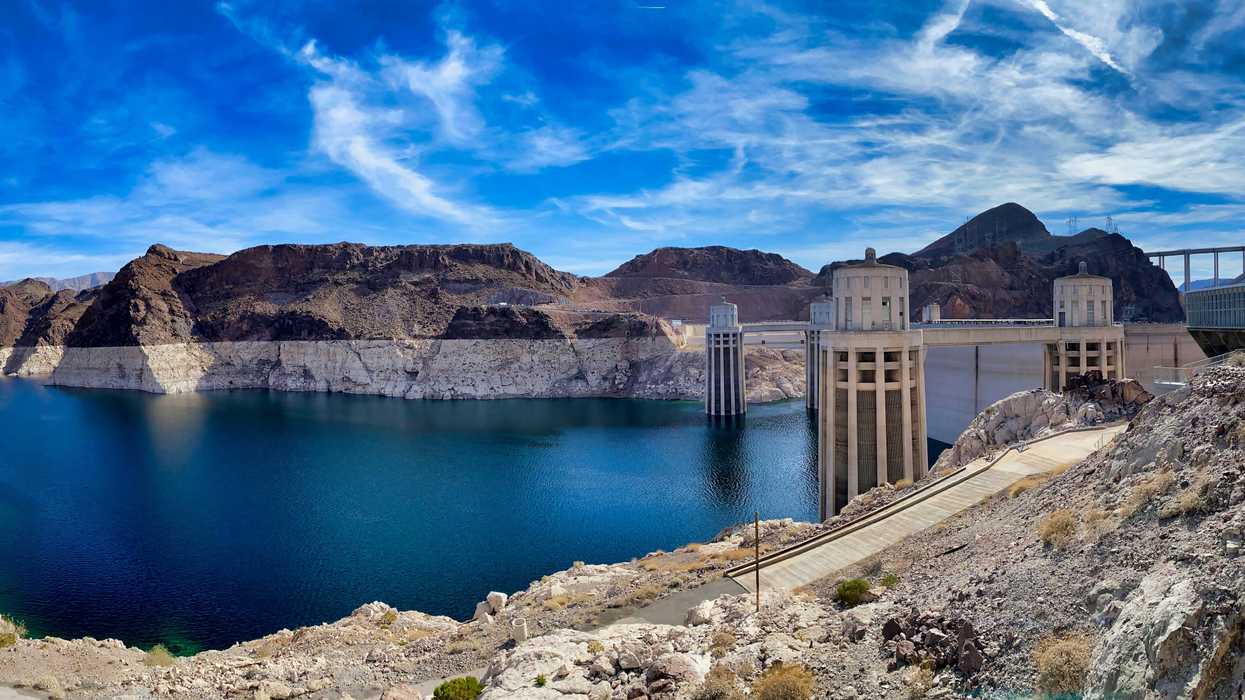The Trump administration has shut down a $15 million research program investigating how PFAS chemicals spread from farm fertilizers into crops and water, raising concerns about food safety and chemical exposure.
Tom Perkins reports for The Guardian.
In short:
- The Trump administration eliminated a nationwide research effort examining how PFAS from sludge and pesticides contaminate farmland, crops, and water supplies, though two of 10 projects were quietly reinstated.
- Maine has identified 84 PFAS-contaminated farms, some forced to shut down, and remains the only state with large-scale testing; experts suspect similar contamination nationwide.
- Public health advocates warn that spreading sewage sludge on cropland reintroduces toxic chemicals into food and water systems, undoing efforts to treat pollution.
Key quote:
“Cutting funding into research on how these toxic chemicals get into our food will doom us to decades or even hundreds of years more of exposure.”
— Kyla Bennett, science director with Public Employees for Environmental Responsibility
Why this matters:
PFAS compounds, often called “forever chemicals,” persist in the environment and human body for decades. Their use in industrial and consumer products has led to widespread pollution — now reaching into farmland through contaminated sludge and pesticides. Once in the soil, PFAS can enter crops, livestock, and groundwater, posing risks to farmers and consumers alike. Yet regulation remains slow and fragmented. As biosolids are reused as fertilizer across the country, Americans may unknowingly eat food grown in toxic soil or drink tainted well water. The health stakes, especially for rural communities and children, are growing more urgent as government oversight recedes.
Related: Another PFAS-containing pesticide headed for US registration














